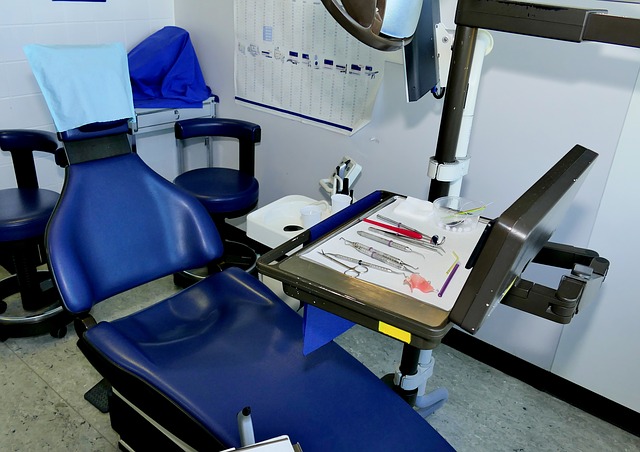“Inconsistent and unfair” dentistry provision in the UK requires a “radical reform” as many people report being unable to find an NHS dentist, face years-long waits or cannot afford treatment fees.
Last week Health & Protection reported the number of NHS-registered dental practices fell by almost 13% in the five years leading up to the coronavirus pandemic.
However, the latest data lays bare how extreme the situation has become since March 2020.
According to a report by Healthwatch England, NHS dental waiting lists have soared during the pandemic with people being forced to wait up to six weeks to get an emergency appointment.
And waiting lists for non-urgent appointments are reaching months or even years in some parts of the country, a problem being heightened as many practices prioritise private treatment or remove patients without telling them.
This is compounded as many patients are avoiding treatment because they are unable to afford the fees or are being mis-informed about what they will pay and then saddled with higher charges.
Healthwatch received reports of patients either self-medicating or being forced into hospital to tackle dental health problems.
‘Rapid and radical reform’
As a result, Healthwatch called for a more rapid and radical reform of the way dentistry is commissioned and provided in England.
“We have heard from both the public and from the dental profession that the current arrangements do not work,” Healthwatch said.
“Access to NHS dental services is inconsistent and unfair, with those in the most deprived areas generally having the worst access and that needs major change to the system to rectify.”
It noted that while reform had been on the agenda for some time, during this period the situation has got worse.
“Although the pandemic both exacerbated and highlighted the issues, the problems were longstanding,” Healthwatch continued.
“Reform of the dental contract should be a matter of urgency. We strongly believe that if the government and the NHS fail to reform NHS dentistry provision, they risk doing long-term damage to the relationships between dentists and patients.”
Appointments and charges
Healthwatch highlighted there were two significant difficulties when needing to access NHS dental care: the availability of appointments and the ability to meet NHS charges.
A more structured approach to dental care access is required as it is not possible to get a clear picture due to the lack of formal registration, meaning there is no oversight of which areas are under-served and which require attention, it noted.
Dental charges were often unexpected and higher band treatments could prove unaffordable for some people, while exemptions were not clear and led to people receiving penalty charges because they did not understand the technicalities or were advised wrongly.
Healthwatch emphasised that new arrangements should be based around maximising access to NHS dental services, with particular emphasis on reducing inequalities.
And it called on the possibilities of using dental practices to promote a broader wellbeing agenda to be explored.
Avoid treatment due to cost
As part of its research, Healthwatch commissioned an online poll by Yonder Data Solutions in February which received responses from 2,019 adults.
It revealed that most people found NHS dental treatment charges expensive with socio-economic grade strongly influencing affordability.
Overall, 61% felt NHS dental treatment charges were expensive and 27% either struggled to pay or avoided any dental treatment because they cannot afford the costs.
People who felt that the treatment charges were unfair were less likely to book a dentist appointment.
While 52% felt charges were fair, 33% felt they were unfair and 44% of people who did not see a dentist over the last year believed the charges were unfair. In comparison 66% of those who thought charges were fair, went to see a dentist.
And half (51%) of people quizzed found it difficult to book an appointment and 17% could not get all the treatment on the NHS, with a third having to pay private fees to get all the treatment they needed.
